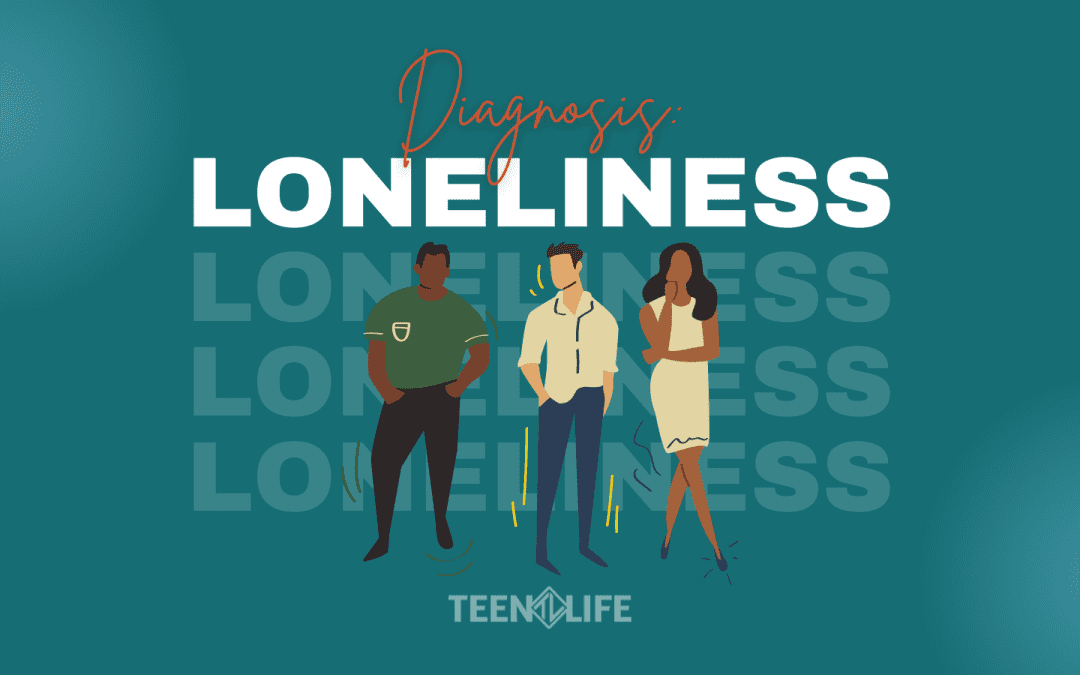I am lonely. Likely you are too.
Our interactions have become shorter. We leave the house less. Fewer details are shared in conversations. We say less. When people call, we hit “decline” even though we know it would be good to talk.
And the teenagers in our world almost certainly are lonely too.
A recent study found 61% of young adults (including older adolescents) reported feeling “serious loneliness” in the past month while only 27% of adults 55-65 reported this form of loneliness.
The supposed “most connected generation” is in turn the most lonely and disconnected of all. (Read our recent post on gen z and loneliness.)
I guess what I am saying is if you or I are feeling lonely, that burden likely falls much heavier on the shoulders of the younger and more vulnerable of our population.
We see it in our support groups every week here at Teen Life. Since schools have reopened, our teens are quick to talk, lean in, and share. We take for granted that today’s teenagers actually have someone to talk to about meaningful things! I’ve been shocked how quickly and to what degree teens will share vulnerable and honest information about their lives.
Teens are lonely. So are we.
So, what do we do?
A recent New York Times article goes into great detail on this “Loneliness Epidemic” happening within one of the largest cities on the planet – New York City. Towards the end of the article, the authors share some ideas on how to combat this epidemic, but one really stood out to me.
Ask for help.
But, I don’t mean it the way it probably sounds.
That is, ask for help for….something. Anything.
For a teenager, maybe the ask is for help with:
- Homework
- A problem to solve
- Relationship issues
- Learning something new
- A challenge
When teens hear “ask for help” it’s often interpreted as “cry out for help” – which seems overwhelming. But when we just ask for help, we are communicating a need for connection, and giving someone else an opportunity to step in and get the good feeling of helping someone.
Everyone wins, and everyone’s a little less lonely.
An epidemic like loneliness can only be defeated by pulling together for the sake of the most vulnerable. The teens in our lives need us more than ever, and if we can give them better tools (like teaching them how to ask for help), we will see a generation that finds hope in healthier relationships and deeper connections.

Chris Robey
Former CEO
Chris Robey | Former CEO
Chris has spent most of his career empowering teenagers from all backgrounds. As the former leader of Teen Life, he is passionate about helping students make good choices while also giving adults the tools they need to communicate more effectively with teens. Chris is a graduate of Midwestern State University and holds a Master’s Degree in Family Life Education from Lubbock Christian University.

Teen Life offers so much encouragement and wisdom for teens doing life. They are change agents! This is our third year doing Teen Life groups at our campus. Great feedback from teens that are in this group!
Thank you, Irene! It’s awesome to hear such amazing feedback from you!